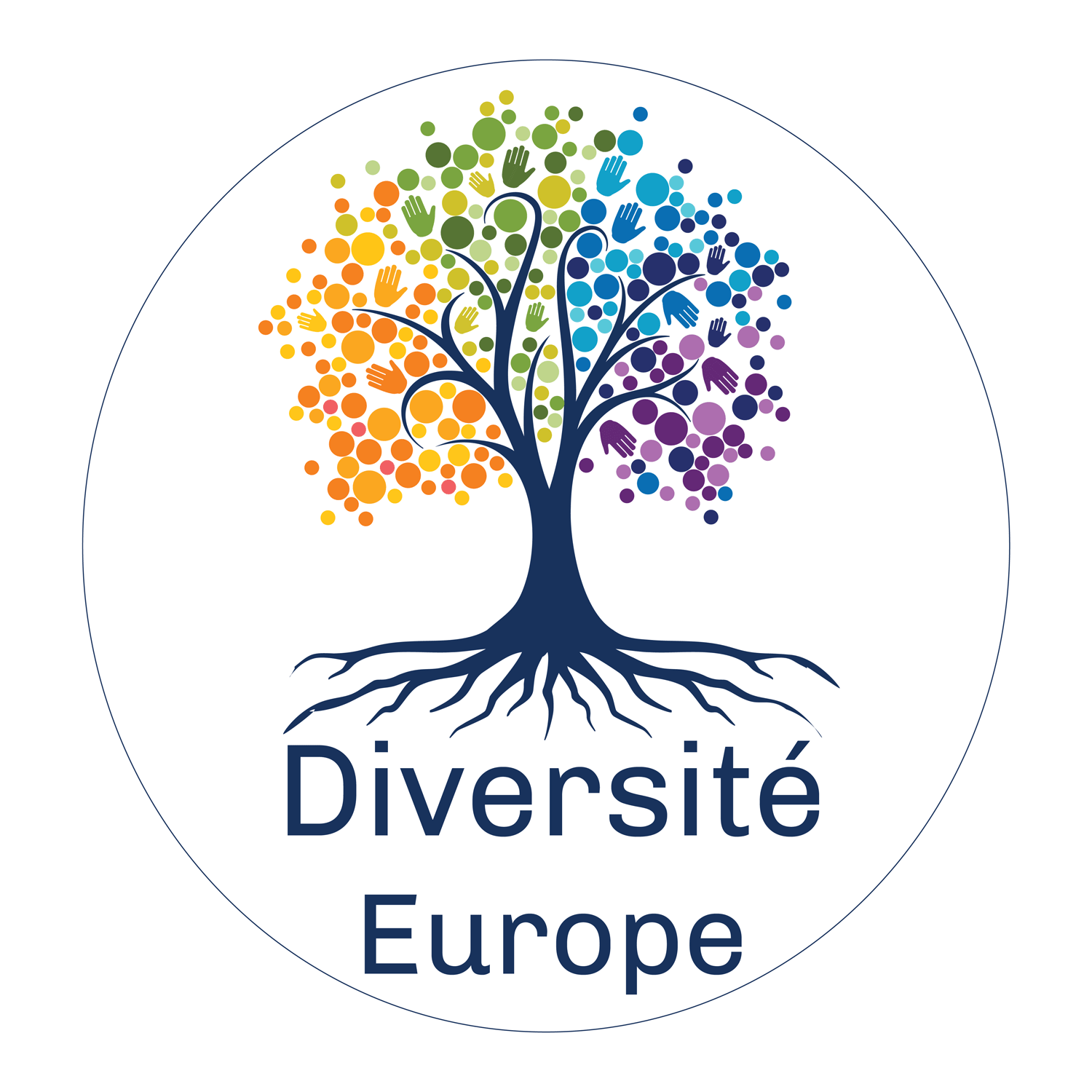Diversité Europe would like to respond to questions we have received to date. Thanks to everyone who joined our information session on 9 December 2021. Here are our replies to the questions which came up that day or that we received by email. If you do not see your question addressed, please let us know at diversite.europe@gmail.com
Could you explain the difference between members and supporters?
Supporters:
– are informed of the work of Diversité Europe; and
– can participate in the work of Diversité Europe.
Members:
– must work at the EU Institutions
– can vote at the General Assembly to elect and be elected as the Board members
Both members and supporters must agree to the Diversité charter. Both members and supporters can participate in the work of Diversité Europe.
Can I become a member if I work for a framework contractor or other service provider of the EU Institutions?
Yes, everyone who works with the EU institutions can become a member, even if not directly employed by them.
Can only people of colour be members or supporters?
No, we welcome all members and supporters irrespective of their ethnicity, race or religion.
Any colleagues who wish to talk in confidence about racism they may have experienced can contact Working Group 2 representatives: Khady Diongue (Ndeye-Khady.Diongue@ec.europa.eu) and Erica Mori (Erica.Mori@ec.europa.eu).
Could you use the “have your say”page on MyIntracomm to promote your actions and make yourselves well-known?
We aim to prepare an article for the Commission’s MyIntracomm in early 2022. Thank you for the suggestion!
What are the terms of reference of each working group?
Each working group focuses on the issues below. Their scope may evolve to adapt to the needs we identify.
Working Group 1: Contributing to staff policy of EU institutions
- Represent the needs of staff of ethnic minorities for HR departments and Diversity & Inclusion Offices of the EU Institutions, voicing concerns and needs but also identifying opportunities
- Seek advice from & join forces with other experts on Diversity and Inclusion (ensuring an intersectional approach)
- Recommend actions to be included in Diversity and Inclusion strategies of the EU Institutions
- Focus Group discussion and follow-up (e.g. Blue Book evaluations)
- Monitor progress on Diversity & Inclusion action plan and wider HR policies
Working Group 2: Support & advice to staff facing discrimination
- Offer a listening ear to staff from ethnic or racial minorities to share their experiences and voice their concerns
- Support EU staff who suffer from racism, discrimination or harassment linked to their race, ethnicity or religious convictions
- Provide general support, including through counselling, training, mentoring and sharing of best practices
- Collaborate with colleagues through an inter-institutional network
Working Group 3: Inter-institutional dimension
- Encourage interested colleagues in all EU institutions, bodies and agencies to join the network
- Constructive dialogue and exchange of views between members and supporters from all EU Institutions, bodies and agencies
- If appropriate, create a local network within certain EU Institutions
Working Group 4: Communication and outreach
- External & internal communication
- Events, social media, membership and newsletters
- Alliances and partnerships with like-minded civil society organisation, academia and outreach to universities
